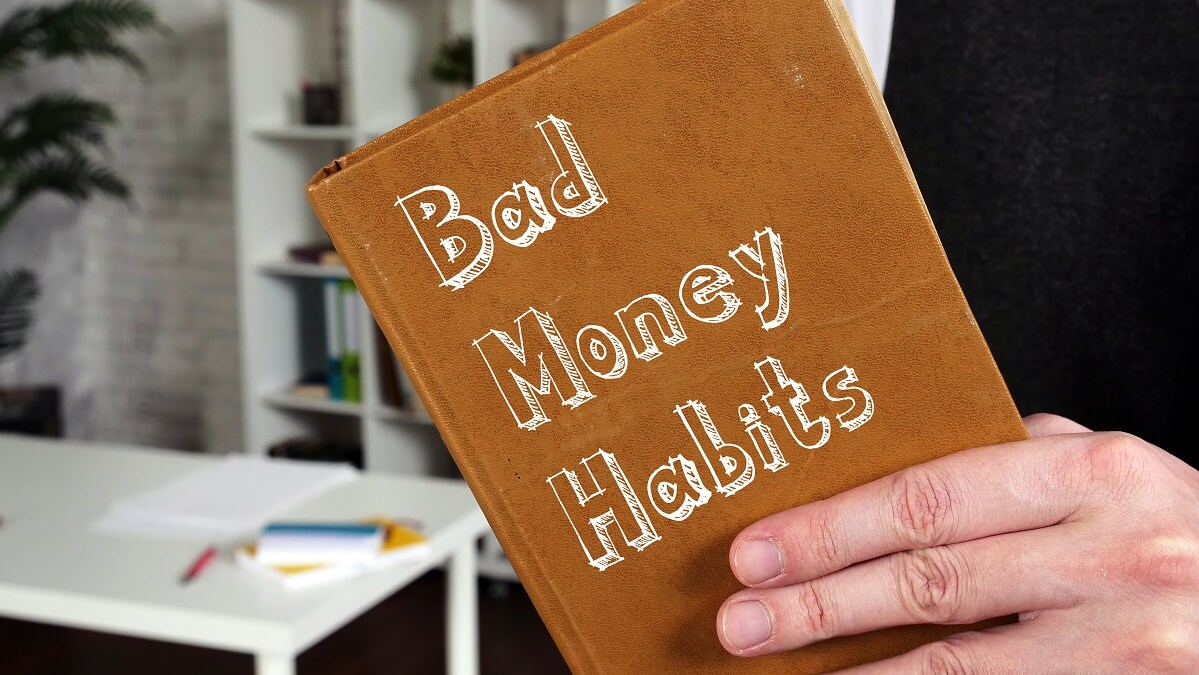Well done to you if you’re one of those who carefully tracks your budget to make sure there’s enough in the bank account when the next round of direct debits is due.
I must admit to not being one of those, and I’ve been punished several times by my bank for my somewhat scatterbrained approach to household finances. My bank slugs me $5 each time there’s not enough in the account when a direct debit is attempted.
So I’ve decided to do something about it. I’ve set up a spreadsheet that itemises my income and spending, and also projects those items into the future. And already I can see a couple of places where I’m falling short – or I should say, spending too much.
Read: Top tips for saving money in the kitchen
It seems I’m going to need a little help with this, so I’ve started scouring the web for some handy hints. The Canstar website kicked me off with a nice little list of ‘10 bad money habits that could cost you $12,872 a year’.
Within that list I recognised quite a few ‘saving and spending sins’ that I’ve been committing, not the least of which was an item titled, ‘Mindless spending’. This refers to those little items that cost so little that you don’t factor them in to your budget. For me, the biggest contributor is coffee.
I will usually have between two and four coffees a day, and I tend to have them in cafés. Prices generally range from $4 to $5. At an average of $4.50, that’s $13.50 a day, and I’ll often work on a weekend. If I buy three coffees a day for 300 days of the year that works out to … $4050 in 12 months!
Okay, I’m starting to see where I can make some improvements. For you it might not be coffee but a chocolate bar or a doughnut each day. That can build up over a year, too.
Read: Podcast: Money-saving tips for you and your car
Canstar’s list also suggests a number of other things that might add up over time: letting your insurances renew automatically without reviewing them; using warm water to wash clothes and then using a dryer instead of hanging them out to let the sun do the work; not sticking to a shopping list; not keeping track of the petrol price cycles; buying bottled water; paying for subscriptions you don’t use.
The list goes on, and there are other lists out there with more saving and spending sins. Some resonate strongly with me. I have certainly been guilty of letting my subscriptions and insurance tick over without a thought.
One thing I’ve taught myself when it comes to supermarket shopping is to make sure I only do it on a full stomach. There’s no doubt that has saved me quite a few dollars, not to mention kilograms. Comparing prices and keeping an eye on specials are also good ideas.
The Heritage Bank website has further suggestions: make your own presents; have your friends over to drinks rather than heading out to a bar; get more creative with food to reduce waste.
Read: Six-week Christmas savings challenge
All these suggestions sound like good ideas. They won’t all be for you, and some certainly aren’t for me.
But if you are able to take on a couple of them, you might find yourself with more in the bank heading into next Christmas, and not gifting $5 to your bank regularly because you’re not keeping an eye on your spending habits and bank balance.
A few things that may help you save lots over time:
- Make a grocery shopping list and stick to it. Having lunch or dinner just before you shop might help!
- Check your insurances: life, health, car, house. Are they still relevant to your current circumstances? Could you get a better deal elsewhere?
- Make a note of each coffee and treat you buy and keep a ‘tab’. As you watch the total add up, you might think twice before buying the next one.
- Do a budget. If you’re spreadsheet savvy it’s not hard to set one up. Banks and other institutions also have apps that can help.
- Keep track of the amounts and dates of your direct debits and make sure you have enough in your bank account to cover the payment and avoid a ‘dishonour’ fee.
Will some of the ideas here be helpful to you? Do you have other money-saving tips to add to the list? Why not share your thoughts in the comments section below?

